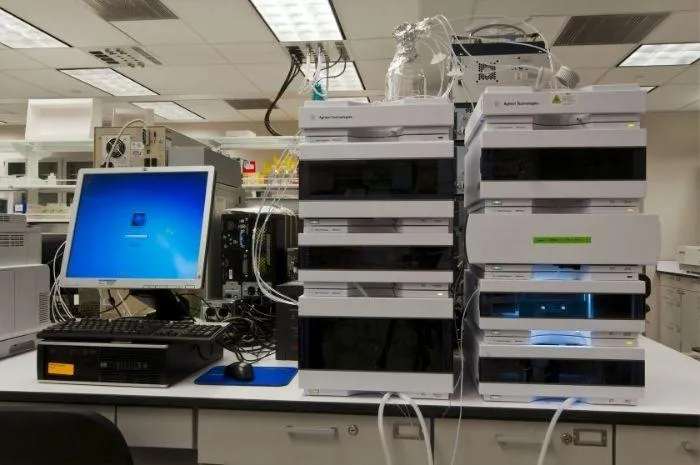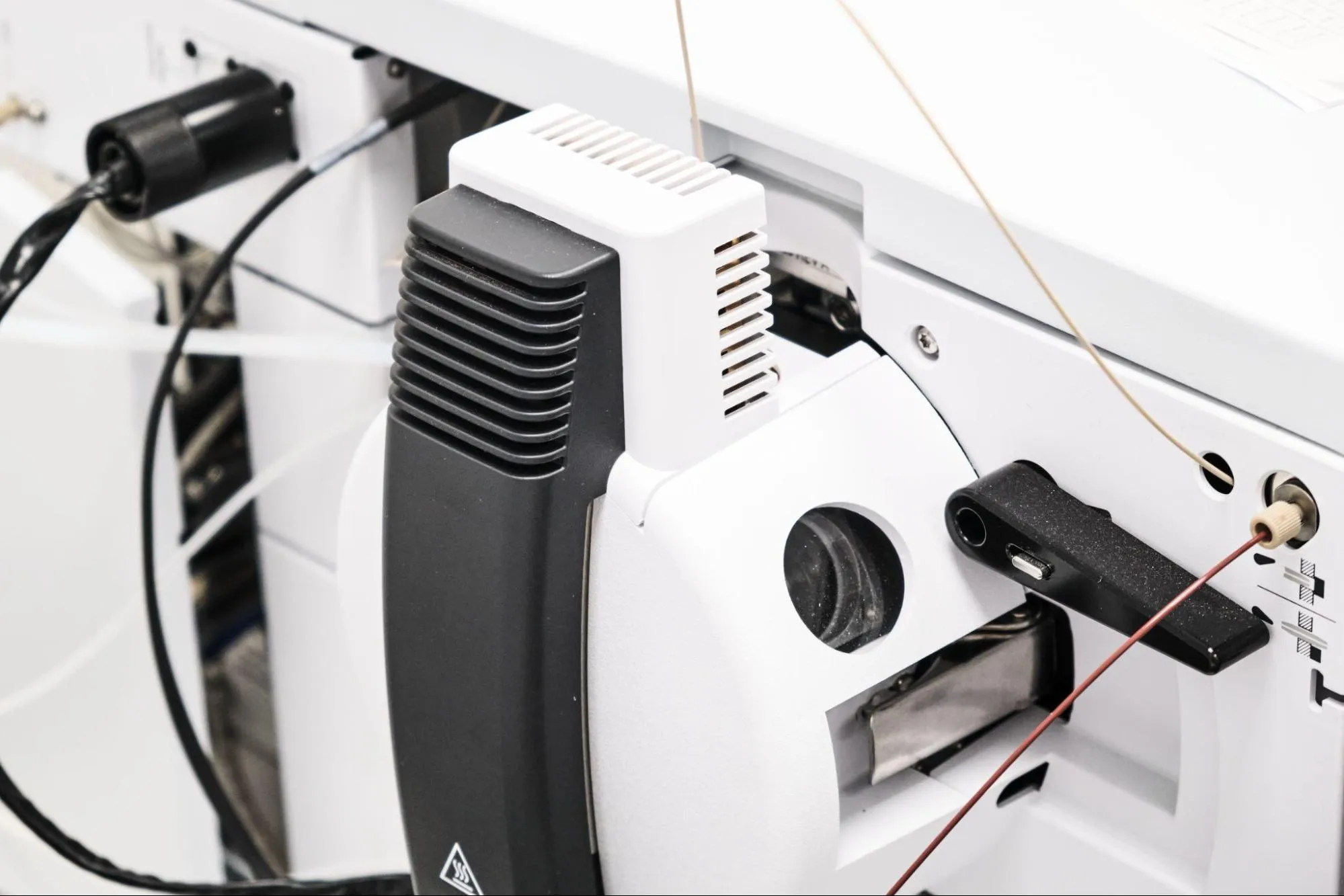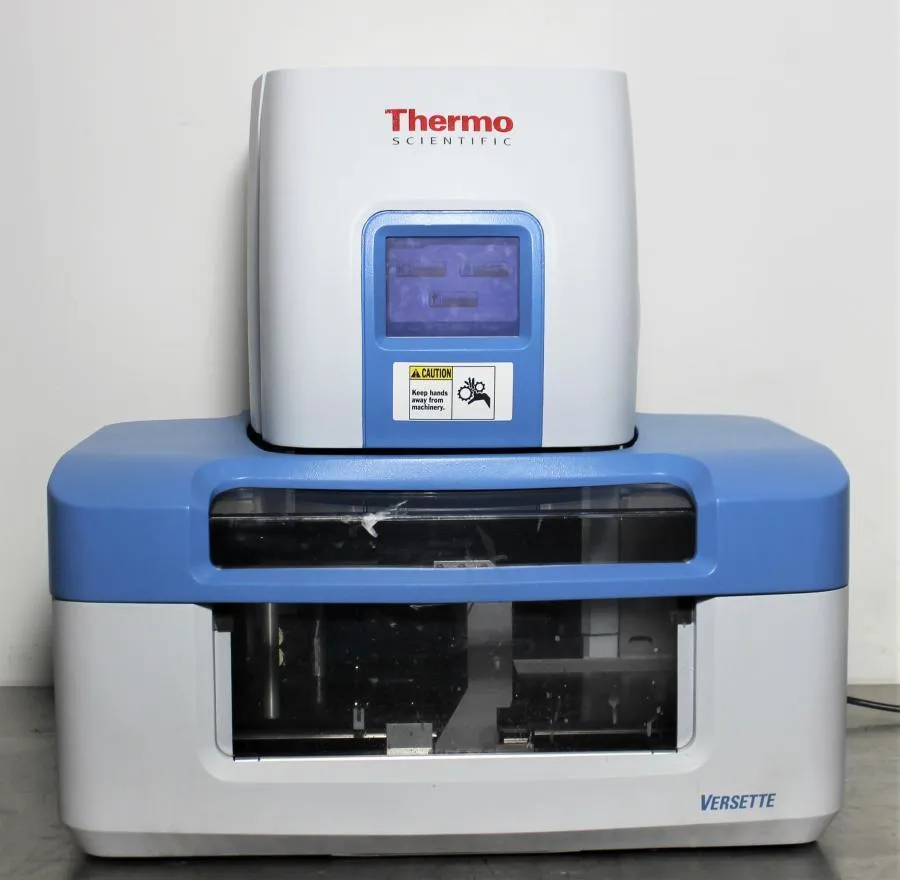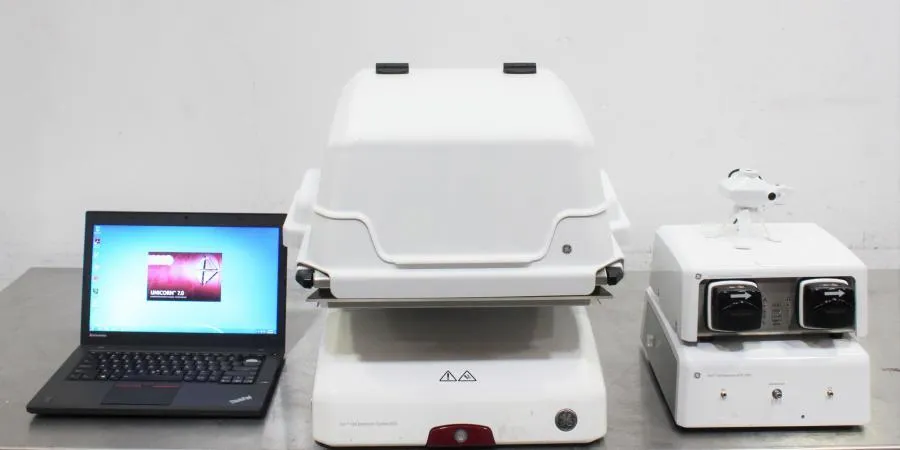REUZEit Blog
-
 April 30, 2022
April 30, 2022Seven Tips for Buying Used Lab Equipment
Today, buying used products has become more common than ever before. With so many companies offering recycled goods for discounted prices, it makes sense to choose this route when purchasing the equipment you need for your business. Buying used lab equipment can be helpful as it is much more affordable. However, finding the right company that sells the best used equipment can be a difficult process to navigate. How can you ensure that you are buying from the most reputable source and getting the highest quality instruments? The following tips will help you have some peace of mind while on the hunt for the best deals. #1 Do your research First and foremost, dot your “I’s” and cross your “T’s”. It is crucial to conduct the proper research on the specific instrument you’re looking to purchase in order to know what to expect. Next, do your due diligence and learn about the companies that are selling them refurbished. Be sure to visit the website of each supplier and familiarize yourself with important information. Read customer reviews and look into the company’s history before contacting a representative. Compare different suppliers and choose the one you think is best. Be careful of brokers that may be advertising long lists of used equipment that they do not control or guarantee. These companies may offer lower prices, but you may end up with a product you didn’t order. If a supplier appears to be trustworthy upon first impression, acquire the contact information and give them a call to discuss details further. But don’t jump the gun just yet! #2 Determine the price and quality! Two of the main factors when purchasing used equipment are the price and the quality. It goes without saying that you get what you pay for, especially when buying refurbished products. It may be convenient to save some money in the beginning, but you could end up losing money in the end if the instrument is of lower quality and needs to be replaced soon after purchasing it. Don’t be afraid to ask questions regarding the quality and history of the product. This can offer more clarity and will give you insight on the supplier’s customer service skills. #3 Establish good rapport This step might seem unimportant, but it is a crucial aspect. Customer service goes a long way and you want to ensure that the supplier you choose to work with understands the value of building good rapport. In the instance that you are having issues with the used equipment you’ve purchased, you want to feel comfortable calling for assistance and being well received on the other end of the line. #4 Find out about the warranty! Many suppliers of used lab equipment offer money back guarantees and/or warranties. Don’t ever purchase without getting a warranty on the product! Be wary of companies that offer “money back guarantees” or short-term two week to thirty day warranties. This can mean that the supplier doesn’t have enough staff, inventory or expertise to fix an issue with your purchased equipment should it arise. Another point to keep in mind touches again on the quality of customer service of the supplier. If you experience an issue with your purchased refurbished instrument after the warranty period expires, you may be able to receive more affordable repair when you can feel confident in your history with the supplier. #5 Make sure the used lab equipment is tested! Before you do your own assessment of the used lab equipment you’re interested in purchasing, it is crucial that you can guarantee the equipment has been tested and goes through a comprehensive evaluation. Trustworthy suppliers will have records showing that the functions, specifications, and features are operating correctly. It is wise to request information such as an instrument’s condition on a scale from one to ten, one being “you get what you get and you don’t throw a fit”, and ten meaning fully refurbished and functioning like new. Don’t be afraid to ask for the maintenance records for the lab equipment. Certain trusted suppliers will allow you to see live or recorded videos of the equipment in use to ensure the quality is what they say it is. In some cases, you can visit the warehouse and tour the facilities. This way you can inspect the in-house refurbished lab equipment to see for yourself whether it is properly tested. #6 Be sure to ask when it will be delivered! This step can often be overlooked, but it can be a major deciding factor when it comes to choosing the supplier from which you purchase equipment. When you are in need of a specific instrument, it can be a time sensitive situation and you don’t want to be waiting for too long to receive your used equipment. A supplier should be upfront about where their equipment is located and how long it will take for you to receive your order. Next day delivery should be viewed as a red flag as it could mean the equipment is not properly tested. #7 Gather advice from experts Even after going through all of the above and making sure you ask the correct questions, there is still a slim chance you could have missed some vital information to ensure that you’re making the right purchase. This is why it is a great idea to reach out for guidance. Ask an expert. Most credible suppliers have a long history working in and serving the scientific and medical communities. The best way to be confident that you’re conducting business with a supplier you can trust is to reach out for referrals. Conclusion Buying used lab equipment can certainly be more affordable and efficient, but it also poses a great risk. It is crucial to enter into the process knowing where to start, what to ask, and how to know you can trust a supplier. Remember the following: Do the proper research on the equipment AND the supplier. Compare prices and keep in mind that you get what you pay for! Work with a supplier that has the time to answer your calls and provide great customer service. Never purchase used equipment without a warranty! Make sure the equipment is tested to ensure the best quality! Know where it’s coming from and when you’ll be receiving it! Ask an expert.
Read More -
 April 30, 2022
April 30, 2022Guide for Buying Used Lab Equipment
Are you on the hunt for a specific instrument to adequately conduct your research and not sure where to begin? Are you on a tight budget and the equipment you need is just too expensive? Buying used lab equipment is an affordable and accessible option available to the scientific and medical industries. Buyers beware however, as it can be a risky process to navigate. When purchasing used lab equipment you want to remember the importance of the following: Evaluate your needs. Learn about the supplier. Get a referral if possible. Compare prices. Make sure the equipment comes with a warranty. What is the right equipment for you? The first step to take when purchasing equipment, new or used, is to determine what will best suit your needs, your lab and your experiment or operations. Look up the dimensions of each option and be sure to choose the one that fits in the space it will be used in. Take the time to evaluate the features and specifications of the equipment to be positive that it will be most efficient for your needs. This might seem like an unnecessary step to mention, but purchasing equipment can be a grueling process, so it’s important to be clear on where to start. Research Equipment and Suppliers Once you’ve determined which specific product you’re on the hunt for, the next step entails doing the research to find the most reputable suppliers. Begin by visiting the websites of companies that offer refurbished products and audit all past customer reviews and the history of the company. If possible, opt to visit the warehouse or service department in person to inspect the on-site refurbished laboratory instruments. This can give you a clear idea on the quality of the used products a supplier provides. When reviewing the many different websites of suppliers, be sure to avoid online resellers with extensive lists of thousands of used instruments. These middle-men are most likely posting equipment they have no control over or do not have on hand in a warehouse. A broker will negotiate deals with other used lab equipment distributors and end up charging you a higher price. They cannot guarantee quality or timing. It’s best to purchase from suppliers directly. It is wise to avoid resellers that pull from auction houses or unknown distributors. Trust in suppliers that offer member services, and specialize in customer to customer sales. A trustworthy supplier will have excellent customer reviews, offer warranties, and disclose where they get the equipment from on their website. They might also provide maintenance records, and live or recorded videos of a remanufactured piece of equipment being tested. Request a Referral from an Expert Most reputable suppliers are well-known and trusted within the scientific and medical communities and have been for several years. They’ve taken the time to build up good rapport with a long list of clients. If you have the opportunity to ask another industry professional to refer you to a reseller that they trust, do not hesitate to ask. It is never a bad idea to opt for guidance that will ensure you get the best deal. Customer service is an essential factor to consider when choosing a supplier. In a situation in which your purchased equipment stops functioning, you want to feel comfortable calling the supplier to explain the issue. A supplier with the right customer service skills may offer discounted repair services (if the equipment is no longer under warranty). Compare Pricing and Quality Once you have established your own needs and done thorough research on different suppliers, it is extremely important that you ask the right questions. It is wise to request quotes from multiple suppliers so that you can compare the pricing. Remember, the price can be a direct reflection of the quality of a product. If the price is low, it could mean the equipment is not comprehensively evaluated and tested. Trying to save money upfront could ultimately lead you to spending more money in the long run. Regarding the quality of the equipment, there are other ways to gain more insight other than requesting maintenance records or videos. One approach is to inquire how long it will take to receive the equipment after ordering. A company that offers next day delivery is not to be trusted as this could mean they did not properly test the equipment. Warranty or Money Back Guarantee A supplier should offer a warranty no matter what, or at least have a system in place to handle repairs. The longer the warranty terms the better. Of course, this is true for the obvious reason that you are covered for longer and able to have your purchased instruments repaired should an issue arise. This also shows the supplier has enough qualified staff and inventory to handle the problem. Other suppliers have membership services in place that offer repairs, installations and preventative maintenance. Unless you are a skilled expert at repairing equipment yourself, don’t be fooled by a supplier regarding their warranty policy. Choose a company that offers a warranty or provides services through their own team. Conclusion Remember, when purchasing used lab equipment, asking the proper questions to make the best decision that ensures you’re getting the best value is important. Evaluate your needs first and determine what equipment is most suitable. Conduct thorough research on all of the possible suppliers in your industry. It’s not rocket science. Spend the time to find the right deals and a company you can trust. Still unsure which route to take? Ask an expert! Welcome a recommendation from someone who knows. Remember you get what you pay for, so don’t jump on the cheapest opportunity that comes your way. Make sure you’re still getting the best quality while still saving some money. And lastly, don’t purchase without a warranty, or money back guarantee. You don’t want to be stuck with a piece of equipment that no longer functions because you forgot this vital step. Buying used lab equipment can be made easy as long as you keep the important factors in mind.
Read More



